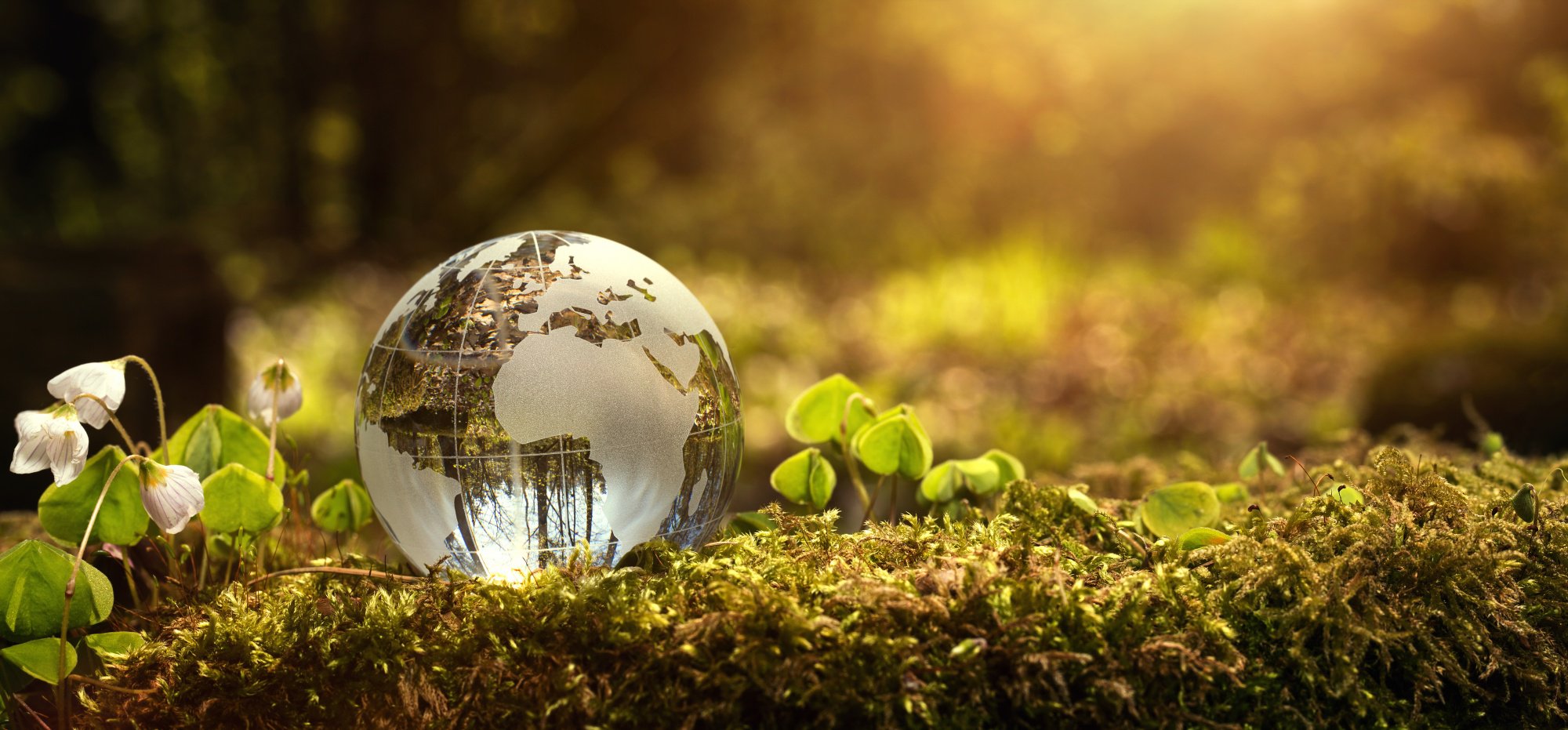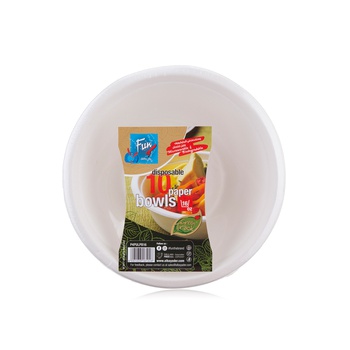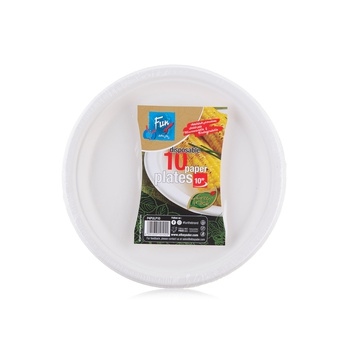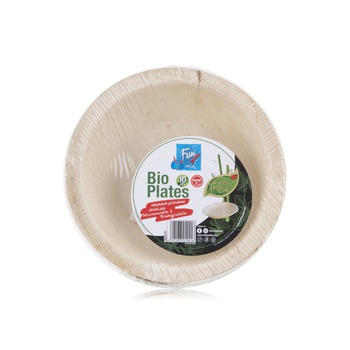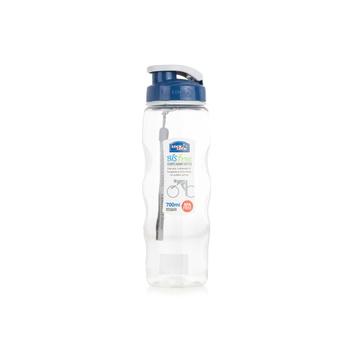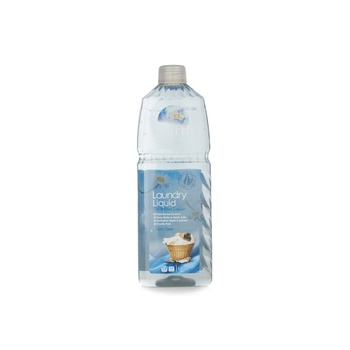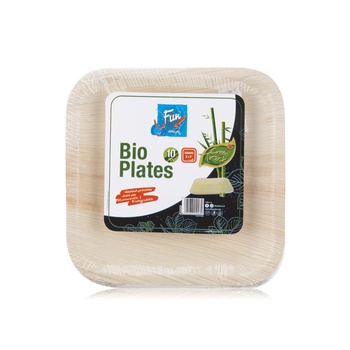If the first six months of 2020 have taught us anything, it’s that nature has a stronger idea of what constitutes a healthy way of life than we do. When the United Nations adapted this year’s theme for World Environment Day, launching #ForNature 2020, it was with good reason, especially given half the world was in lockdown due to Covid-19.
“The foods we eat, the air we breathe, the water we drink and the climate that makes our planet habitable all come from nature,” it said. “Yet, these are exceptional times in which nature is sending us a message. To care for ourselves we must care for nature. It’s time to wake up. To take notice. To raise our voices. It’s time to build back better for people and planet.”
The choices you make – how you live, eat and move – have a direct impact on the environment. Everything you do, no matter how big or small, has an effect on the world around us whether good or bad. With the Spinneys Let's Do Better Together campaign we are trying to do more as a business to help the planet, and here are some tips to help you make a difference at home.
Living sustainably is about choices and behaviours, but the bottom line is that a sustainable lifestyle means different things to different people. Labels like green and eco-friendly living, conscious living, eco-conscious, minimalism, conscious consumption, zero waste can become muddled and confusing. However, there are some simple things you can implement in your own home to help, starting today.
We’re all aware we could do more around the home to save energy, but where to start? While some of the biggest energy savers require time and money there are still plenty of lifestyle changes you can make that will save energy, and a few extra dirhams.
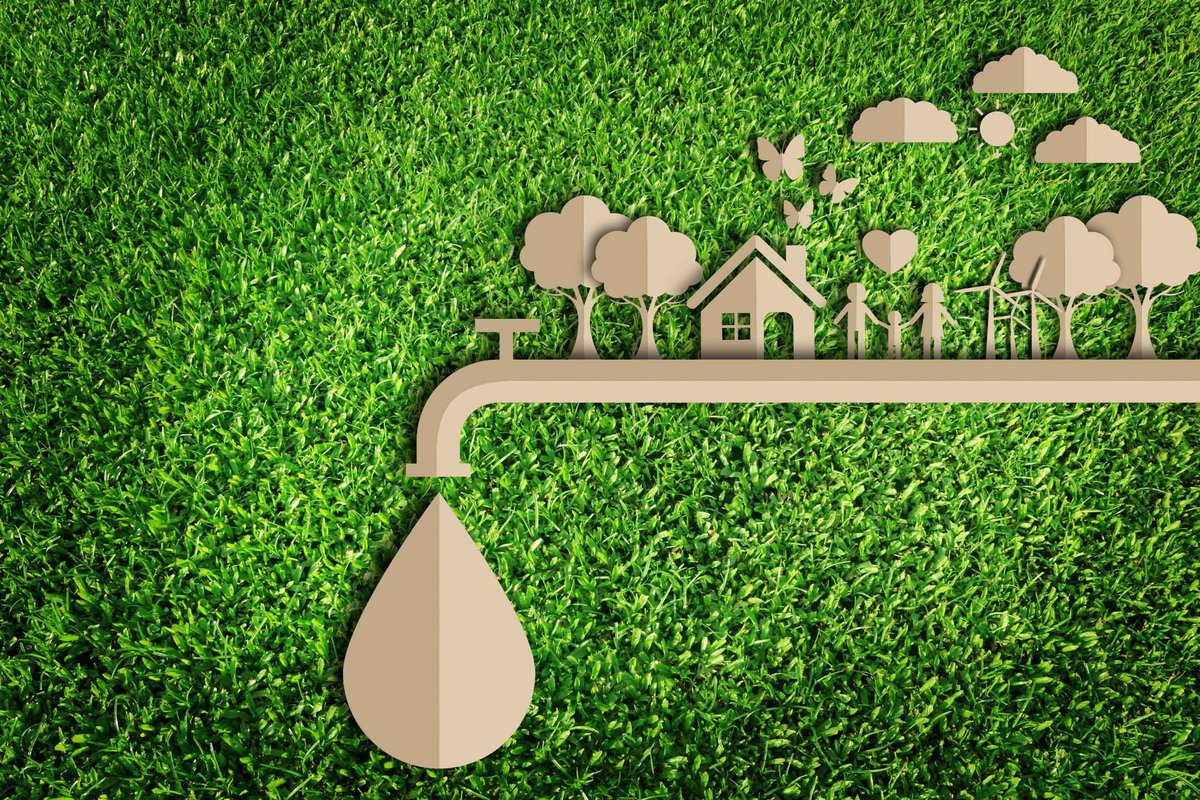
Shrink your bills
Get things right in the kitchen and the planet will thank you for it. Set your washing machine to wash at 30°C and you'll shrink your bills, not your clothes. Don’t be tempted to tumble dry, it’s sunny outside. Ditch the habit of filling up your kettle to the brim every time – just boil the amount of water you need. Keeping fridges and freezers full means they don't have to work as hard and therefore use less energy.
YOU SAVE: Approximately Dh506 per year by being careful how you use your kitchen appliances.
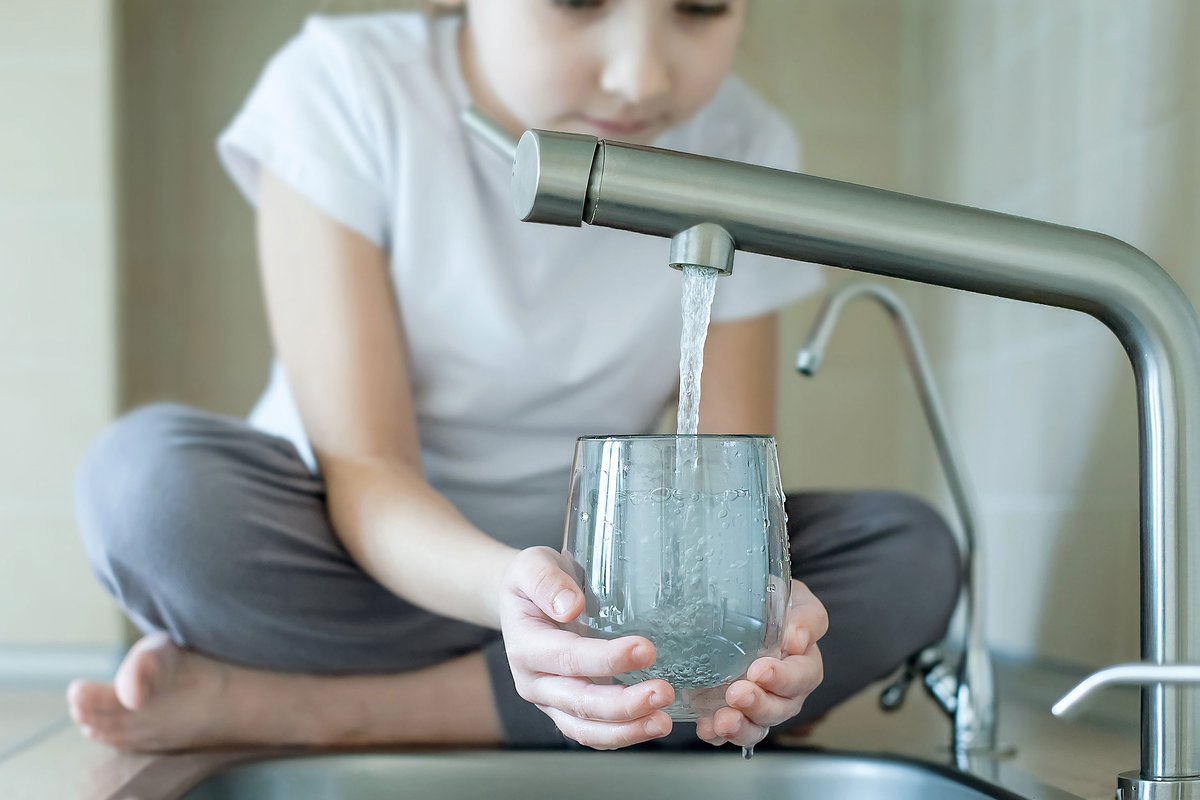
Watch the water
The bathroom is the main place in every household where water can be saved, according to Marita Peters, executive director for Middle East for Surge (surgeforwater.org), a Dubai-based water conservation charity.
“Don’t leave the tap running while brushing your teeth and turn off taps while shaving," says Peters. “Always turn tap tight to stop any drips, and put a bucket in the shower while you are waiting for the water to warm up. The water you collect can be used for watering plants or washing the cars.”
Other tips include taking shorter showers – you can even play a five-minute song to time it. Check the toilet for leaks by putting dye or food colouring into the tank to see if the colour appears in the bowl. If it does, you have a leak that can be fixed.
YOU SAVE: By installing a water-efficient shower head, a family of four can save around Dh375 a year on energy for water heating. A further Dh605 can be saved on water bills if you install a water meter.
“The foods we eat, the air we breathe, the water we drink and the climate that makes our planet habitable all come from nature." United Nations 2020
Less light
Lighting can account for up to 20% of an electricity bill. The best and most energy-efficient form of lighting is obviously daylight. Make the most of it by drawing back curtains, cleaning your windows, and decorating your rooms in light colours. As well as being energy-efficient and free, daylight also tends to make people feel good.
YOU SAVE: Installing five, low-energy light bulbs will cost about Dh160 and could save you as much as Dh300 every year.

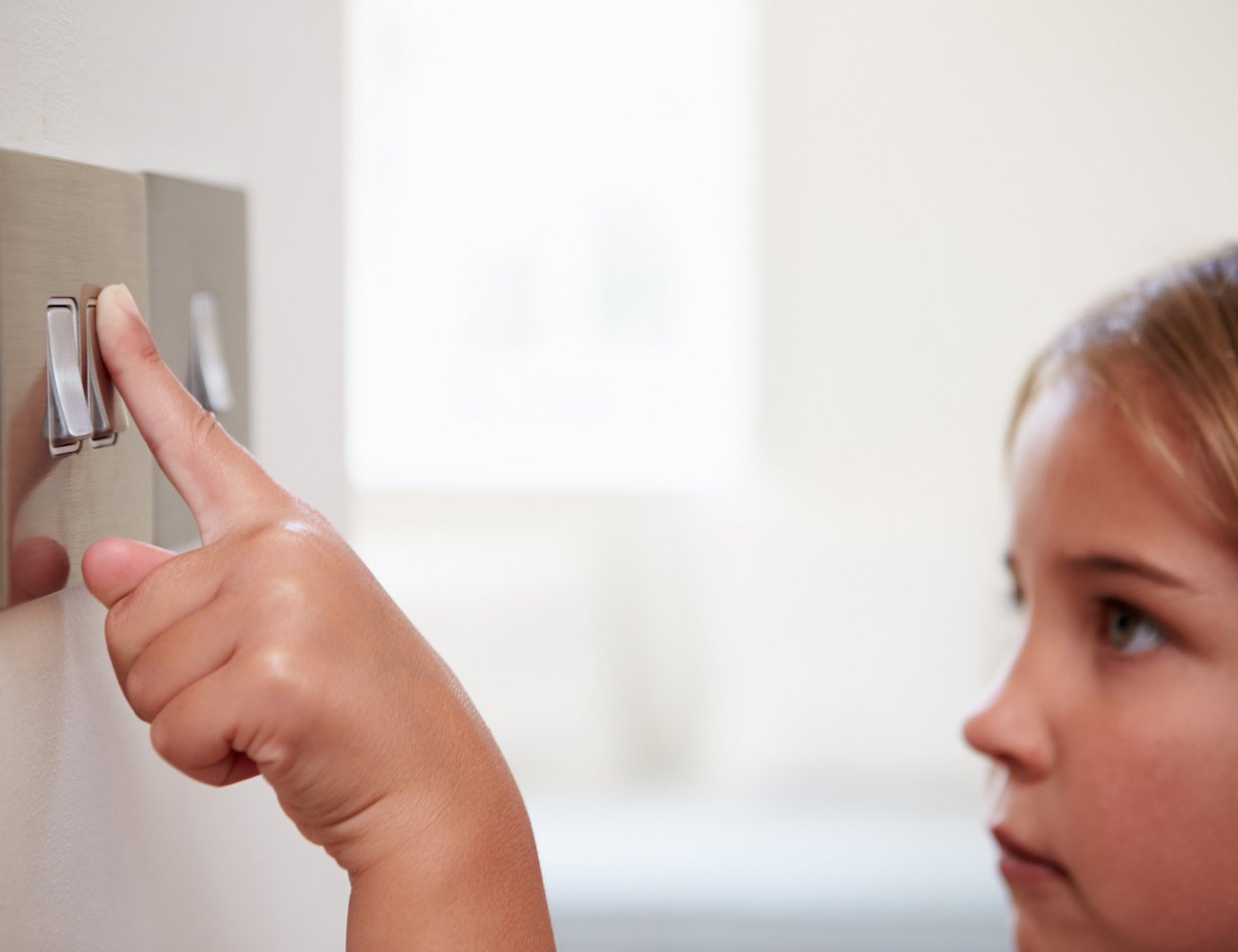
The joint effort of residents in the UAE switching off lights for 60 minutes during Earth Hour 2019 resulted in energy savings of 255,000kW. That is enough energy to power 16 average-sized homes for one year.
Five energy-saving myths
#1 - Cranking up the AC cools your home faster
FALSE: No matter how low you set the temperature, the rate at which your AC distributes cold air remains constant.
#2 - Electrical appliances, such as TVs, laptops, phone chargers, don’t use electricity when they're plugged in but not in use.
FALSE: Some electrical appliances and chargers draw energy even when the devices are not being used. It’s known as ‘vampire power’.
#3 - With traditional light-bulbs fittings, you cannot do a straightforward swap with energy saving bulbs and LED light bulbs.
FALSE: Energy saving and LED light bulbs come in all shapes and sizes and can now be fitted in down-lighters, free-standing lamps and traditional pendants.
#4 - Solar panels don’t generate electricity on a cloudy day.
FALSE: Whilst solar panels will work most effectively in bright sunlight, they nonetheless continue to collect energy from diffused light even on a cloudy day.
#5 - When using a desktop computer, screen savers save energy.
FALSE: Because your screen remains on, screen savers are basically another programme, which consumes energy like any other. Setting it to sleep sooner will save energy.
To find out how Spinneys are doing more please click for more information
